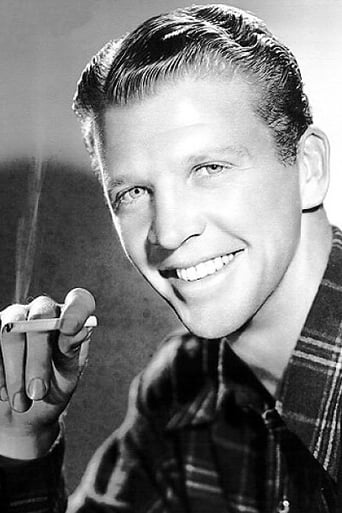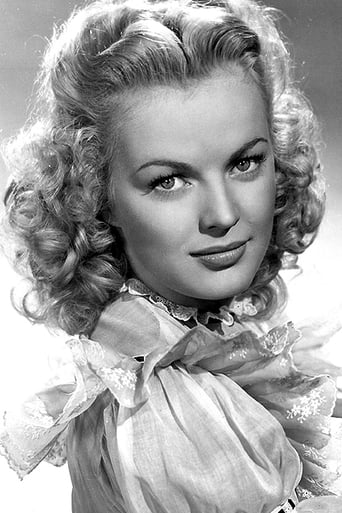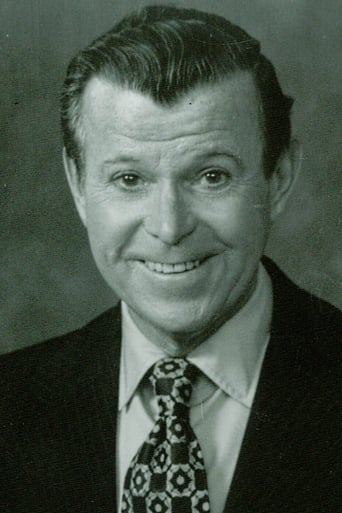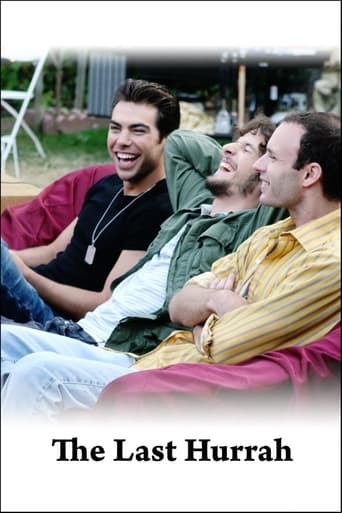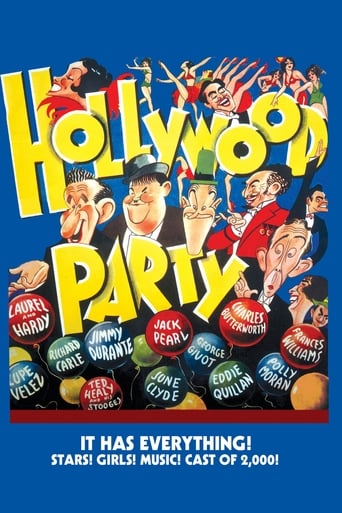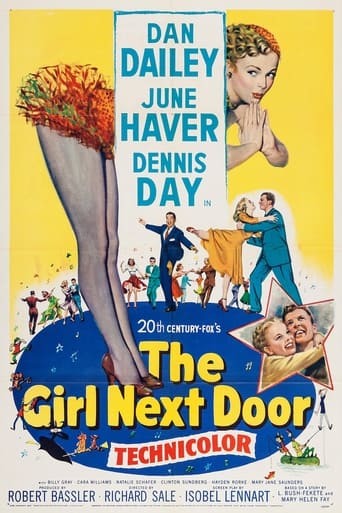
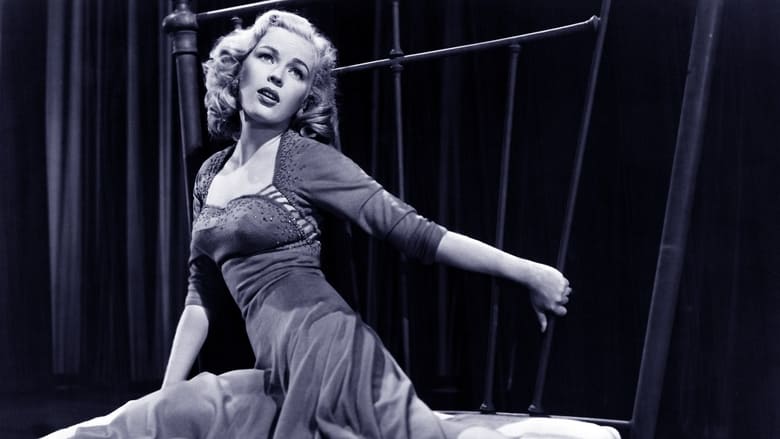
The Girl Next Door (1953)
Stage-and-night club star Jeannie Laird buys her first home, and everyone who is anyone comes to her first garden party only to be blinded by smoke from next door. Jeannie charges next door to bawl out her new neighbor and meets comic-strip artist Bill Carter. Bill has devoted himself to his strip, and raising his ten-year-old son Joe since the death of his wife. Joe bases his strip on the everyday happenings of he and his son and is proud of keeping it scrupulously honest. When Jeannie and Bill fall in love, young Joe is hurt, especially when Bill starts using a lot of the father-son time to be with Jeannie. Bill cancels a father-son trip to Canada, and Joe decides to write a letter to Bill's syndicate pointing out that the current plot line of the script being set in Canada isn't honest, since they didn't go.
Watch Trailer
Cast
Similar titles

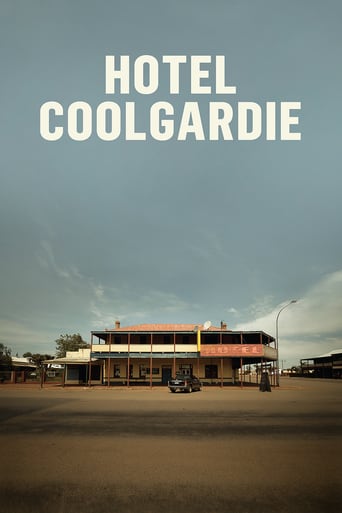
Reviews
That was an excellent one.
best movie i've ever seen.
The story-telling is good with flashbacks.The film is both funny and heartbreaking. You smile in a scene and get a soulcrushing revelation in the next.
Unshakable, witty and deeply felt, the film will be paying emotional dividends for a long, long time.
Fred Astaire and Gene Kelly reigned as the male masters of dance in movies through the mid-20th century. Theirs were the large-scale production numbers and solo creative routines that dazzled audiences in many very good to great musical films. But a number of other very talented "hoofers" did a good share of entertaining as well. Donald O'Connor, Danny Kaye, Jimmy Cagney, Mickey Rooney and Dan Dailey come to mind. Besides dancing, they had singing voices and could act. The one who could do the best job of the latter was Dan Dailey. This intrepid happy camper could turn from a comedic role to a serious one with seeming ease. Dailey also had a persona about him that made audiences feel comfortable and cozy with his dance scenes. He seemed relaxed and natural in his movements. Usually those were with a romantic partner. In "The Girl Next Door," June Haver fits very nicely in that role. The Betty Grable look- alike had good dance and singing skills, so theirs was a very good match. Other actors in this film gave top performances as well – most notably Dennis Day, Cara Williams and Billy Gray as Dailey's son. The movie has a good plot, and Dailey and Gray have a couple of very good and amusing father-son skits. While there are no hit parade numbers in this film, the songs are all quite good. Haver has one very dramatic solo dance role and Dailey has a dream sequence. Finally, two animated comic sequences round out the humor in the film. Taken together, these qualities earn "The Girl Next Door" a high score for entertainment and enjoyment.Dan Dailey had a lot of strain and turmoil in his life. But he seemed to leave it at the stage door. He believed strongly in family life, yet he was married four times. He fought alcoholism early in his career, and his only son committed suicide in 1975. Dailey died three years later of anemia when he couldn't recover after a hip fracture from a fall. He was just 64. Dailey was well-liked by people on his movie sets, and he brought smiles and cheerfulness to rehearsals. His musicals especially, should still entertain people for decades to come.
1953 Hollywood-MGM had "Small Town Girl"; Warner Brothers had "Three Sailors and a Girl", and Paramount announced "Here Come the Girls". 20th Century Fox added its own girl to the group by putting a girl next door. Here, June Haver plays a Broadway star who moves next door to a handsome widower (Dan Dailey) with a young son (Billy Gray) who enjoys keeping his father busy with fishing trips and things that guys do, no females allowed. When Haver has a dinner party, they ruin it, first with pet pigeons that literally get into people's hair, then with a cook-out that threatens to be a smoke-out. Haver storms over to complain but finds herself entranced by Dailey, which upsets young Gray. They had earlier shared a duet entitled "I'd Rather Have a Pal than a Gal", and now papa Dailey is tempted to switch the two nouns in the song.Haver soon finds out that writer Dailey is quite a song and dance man himself, sharing a number with helium voiced Dennis Day that ends with the usual pose of the performers having their hands out to the audience begging for applause. But Gray won't back down on trying to keep Haver and Dailey apart, having a cute little animated dream that while fishing with his father (and a talking pooch and raccoon), Haver shows up as a witch, threatening to spoil their fun. You know in the end he'll change his mind and help reconcile the two; It's just a matter of getting through a few so-so musical numbers where the songs aren't very good, but the colorful Fox direction helps distract the viewer to that fact. The choreography by Richard Barstow (whom I had never heard of until I saw his name in the credits for this film) is also covered with lavish art direction, particularly in Dailey's dream finale that has Gray using a giant pencil in his efforts to keep Haver and Dailey apart.Minus Betty Grable for the first of a few times during his Fox musical career, Dailey is likable, and more down to earth than he was in backstage musicals such as "Mother Wore Tights" (where he plays a total ham) and "When My Baby Smiles at Me" (receiving an Oscar nomination as an alcoholic). He would be paired with Jeanne Crain and Ethel Merman in other movie musicals, but here, it is blonde June Haver who gets him. Some people confuse her with the similarly named June Havoc (Baby June of "Gypsy" fame), but they are very different people. The June Haver musicals, with titles such as "The Daughter of Rosie O'Grady" and "Look For the Silver Lining", are enjoyable but not among the top rated musical films of the golden age. She had a pleasant personality, was a talented singer and dancer, passable actress, but lacked the spark of other blonde musical stars of that era such as Betty Grable, Betty Hutton, and Doris Day. It's perhaps because there's no seemingly temperament there; She's like the chorus girl who made good and never forgot from where she came. There's no scandal or temperament to her personality that make her front page news. Day could get away with her spunky sweet nature because you knew somewhere underneath laid sadness from unspoken traumas; Grable could swear and spar with the crew, yet you knew she was one of the gang who enjoyed having fun. The lack of these qualities, plus the mystery of the newest rising blonde bombshell (Marilyn Monroe), makes Haver equally talented if not remarkable in these films. Those qualities ruined her best chance for stardom as the real-life temperamental Marilyn Miller in "Look For the Silver Lining".Young Billy Gray, who was fun as the younger brother in the Doris Day/Gordon MacRae films "On Moonlight Bay" and "By the Light of the Silvery Moon", is thankfully not obnoxious as the determined kid. It's easy to understand his desire to keep his dad to himself, so he avoids being a stereotypical screen brat. It was tempting to fast forward through any moment where Dennis Day sang, but I avoided it just to make sure I didn't miss any of his love interest Cara Williams' funny wisecracks. (Her appearance with the pigeons all over her is quite humorous.) They really are a mismatched second couple and are no threat to the same years young lovers Tommy Rall and Ann Miller in "Kiss Me Kate". Natalie Schaefer, the matronly Lovey Howell of "Gilligan's Island", plays of all things, a maid, paired with Clinton Sundberg's Franklin Pangborn-ish butler. Schaefer had better screen work playing society matrons in several Joan Crawford and Lana Turner films, as well as a memorable cameo in the film version of William Saroyan's "The Time of Your Life"."The Girl Next Door" is not a hard film to like, but it is one of those musicals that had good ideas, high ambitions, but unfortunately doesn't quite come together. Try not to laugh out loud at the silliness of the final musical number which is pretty to look at, yet worthy of gapes similar to the ones of the audience to "Springtime For Hitler" in "The Producers".
I often feel like Scrooge, slamming movies that others are raving about - or, I write the review to balance unwarranted raves. I found this movie almost unwatchable, and, unusual for me, was fast-forwarding not only through dull, clichéd dialog but even dull, clichéd musical numbers. Whatever originality exists in this film -- unusual domestic setting for a musical, lots of fantasy, some animation -- is more than offset by a script that has not an ounce of wit or thought-provoking plot development. Individually, June Haver and Dan Dailey appear to be nice people, but can't carry a movie as a team. Neither is really charismatic or has much sex appeal. They're both bland. I like Billy Gray, but his character is pretty one-note. The best part of the film, to me, are June Haver's beautiful costumes and great body.
Such an obscure '50s Fox musical that I'd never even heard of it (and I know my '50s musicals), and made very late in the cycle of modest entertainments starring the likes of Dan Dailey and June Haver, this one has a few aces up its sleeve. There's a surprising amount of sung exposition at the beginning, under the credits, and later on some very brief singing sequences in the middle of dialogue -- it's as if even standard Fox musicals wanted to be more like their Rodgers and Hammerstein cousins on Broadway. It shows how pervasive the whole musical-comedy mode was back then. Later there are a couple of animated sequences that delve psychologically into the characters' motivations, and of course a dream ballet, and an amusingly overblown production number with Haver, "Nowhere Guy." The story's no great shakes, the songs run from OK to pretty good, and Haver proves again that proficiency at singing and dancing is less vital than personality, which she lacks. Dailey is a likable romantic counterpart, and Cara Williams is an invaluable best-friend-making-tart-comments -- though it's hard to accept that she'd fall for the rabbity face and syrupy tenor of Dennis Day. The utterly '50s production design is fun, and the more thorough musicalizing than usual gives this otherwise standard effort a couple of bonus points. All in all, it's very watchable.
